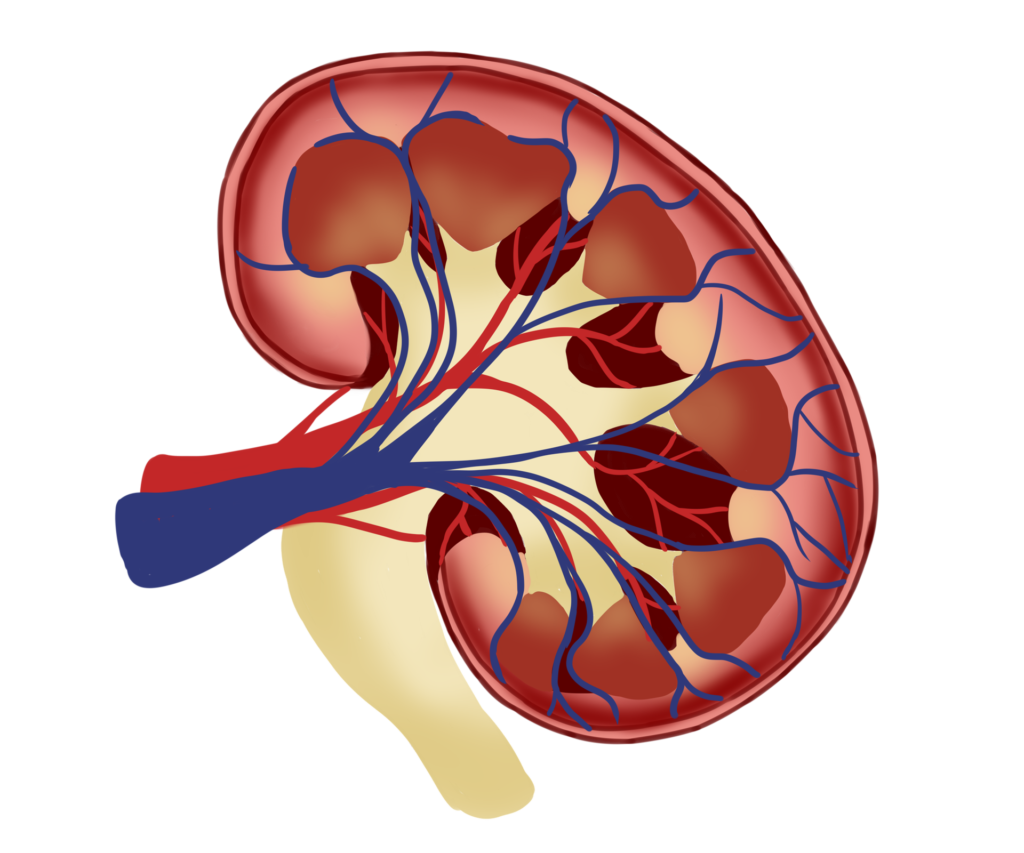
Several conditions may affect or damage the kidneys.
Some of the most common types of kidney problems/diseases are chronic kidney diseases. Other diseases include acute kidney injury, kidney stones, infections, cysts, and cancer.
What is a Kidney Stone?
Kidney stones are also termed renal calculi, nephrolithiasis, and urolithiasis.
These are hard deposits of minerals or salts formed inside the kidneys.
Renal calculi are a typical reason for blood in the Urine (hematuria) and torment in the midsection/abdomen, flank, or groin.
Having stones in any area in the urinary tract is alluded to as urolithiasis.
The stones in the ureters is termed as ureterolithiasis.
There are 4 types of kidney stones –
- Calcium stones
- Uric acid stones
- Struvite stones
- Cystine stones
किडनी स्टोन चार प्रकार के होते हैं-
1. कैल्शियम स्टोन
2. यूरिक एसिड स्टोन
3. स्ट्रूविटा स्टोन
4. सिस्टिन स्टोन
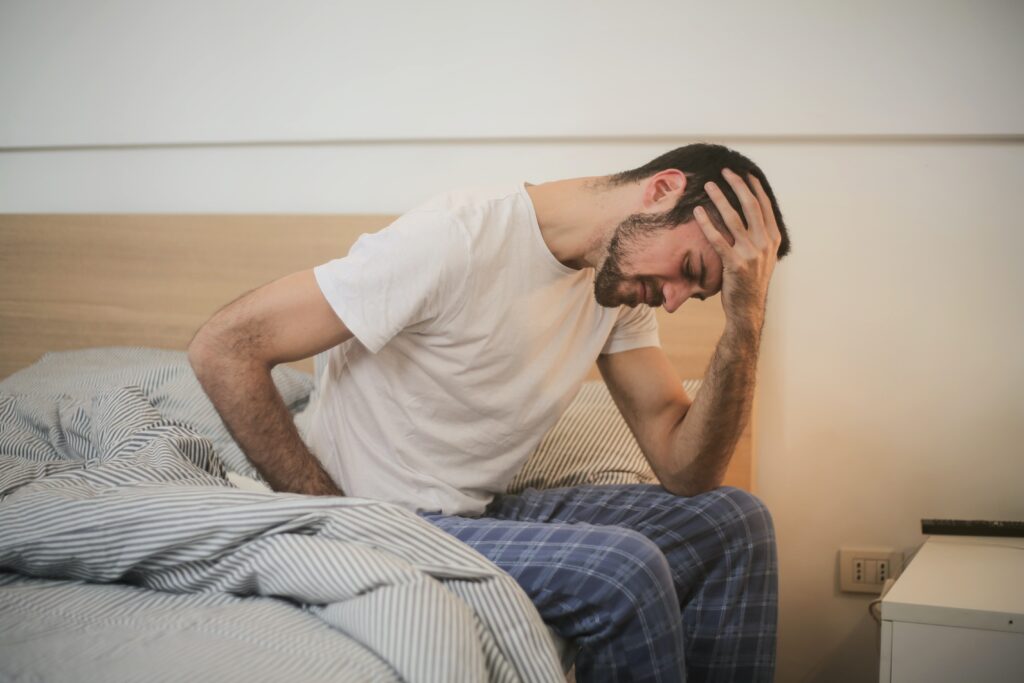
Nephrolithiasis is extremely painful and can lead to kidney infections.
And if untreated kidney won’t function properly.
Causes of Kidney stones/Nephrolithiasis/urolithiasis
At the point when substances in the urine, for example, calcium, oxalate, and phosphorus become profoundly focused there are chances that they can frame renal calculi.
Urolithiasis happens when solutes solidify out of pee to frame stones.
Kidney stones form when there is a decrease in urine volume.
This may be due to the presence of an excess of stone-forming substances in the urine.
The most well-known reason for nephrolithiasis is lacking hydration and ensuing low pee volume.
Other standard variables adding to urolithiasis are — hypercalciuria, hyperoxaluria, hyperuricosuria, and so on.
Albeit the specific reason for stones is still up in the air, individuals with the accompanying variables might have expanded gambles.
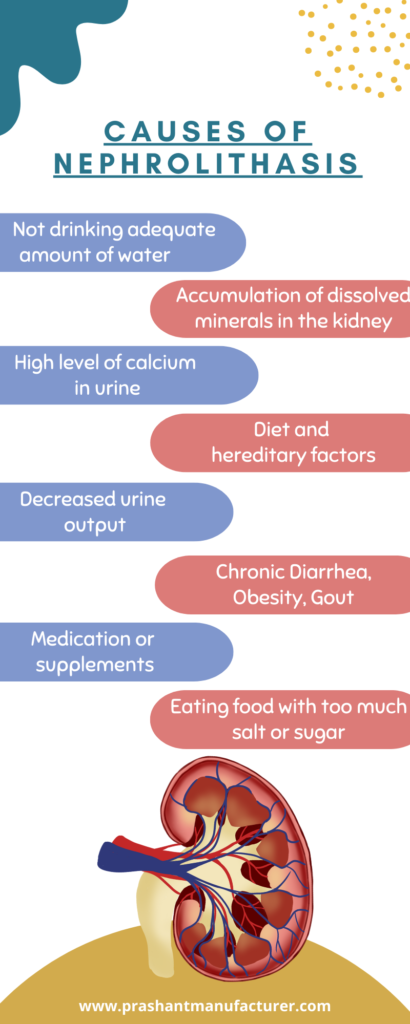
- Family history of kidney stones.
- Gout
- Chronic diarrhoea
- Obesity
- Low pee volume
- have an ailment that raises the levels of specific substances in your urine.
- UTIs (urinary tract infections)
- do not drink an adequate number of liquids
- Dietary elements
- Medication or supplements like – sulfonamide, atazanavir, abuse of silicate, and so on.
Kidney stones/renal Calculi Symptoms
Assuming that you have little stones you’ll typically pee them out with next to no distress except for the enormous stone causes a few side effects.
During nephrolithiasis, individuals experience extreme agony because of the development of stones through the urinary lot into the ureters.
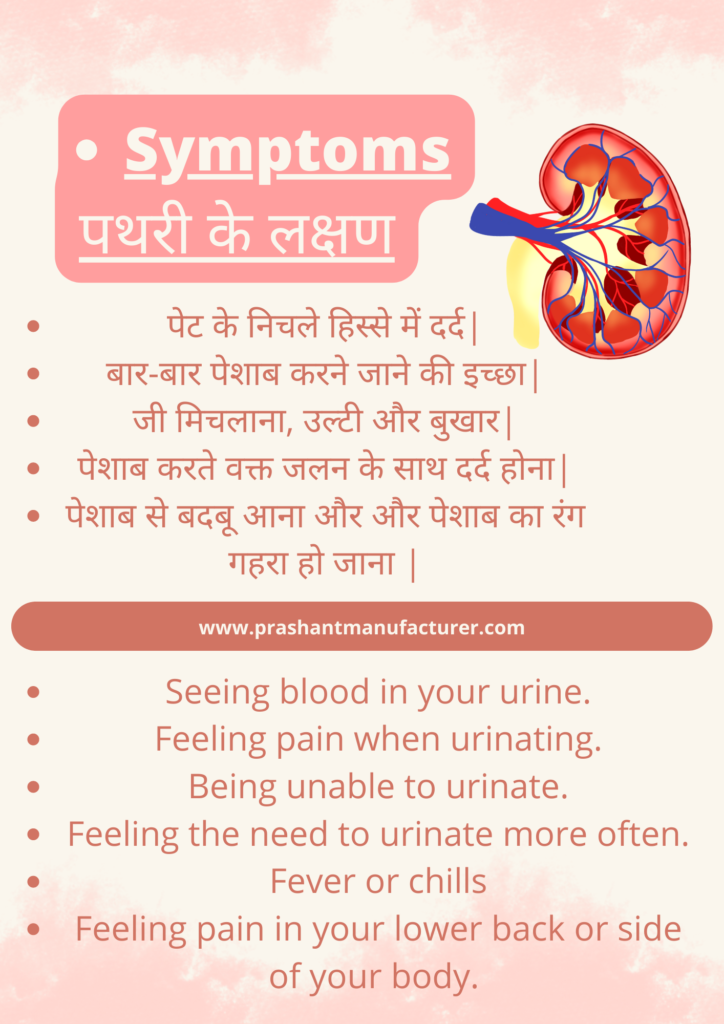
Though, not many patients might have no side effects and others whine of:
- pain in the lower mid-region, crotch, back, and different regions.
- bloody or cloudy pee.
- Sickness, heaving, fever.
- incessant and excruciating pee.
- Experiencing issues in passing urine.
- Rehashed UTIs(urinary tract infections).
How to cure kidney stones?
(A)Prevention
Albeit not all kidney stones can be prevented, certain lifestyle changes, including the accompanying, may assist with diminishing the risks of developing them:
- Drink sufficient measures of water (no less than 8 to 10 glasses per day).
- Reducing fat administration.
- Patients ought to keep away from consuming fewer calories high in calcium and limit salt and protein consumption.
- Consult with a specialist on calcium supplements.
- Consume less oxalate-rich food.
- Sip water over the day.
- Try to investigate herbal remedies.
(गुर्दे की पथरी का इलाज)
(B)Treatment
Most kidney stones are sufficiently little to be passed in your pee, and treating the auxiliary impacts at home with the medication might be conceivable.
More prominent stones can be taken out with an activity.
It overviewed up to half of incredibly who have had kidney stones will encounter them later on in the going 5 years.
In delicate cases, when the stones could be flushed out with steady hydration (Pain the leaders may be required)
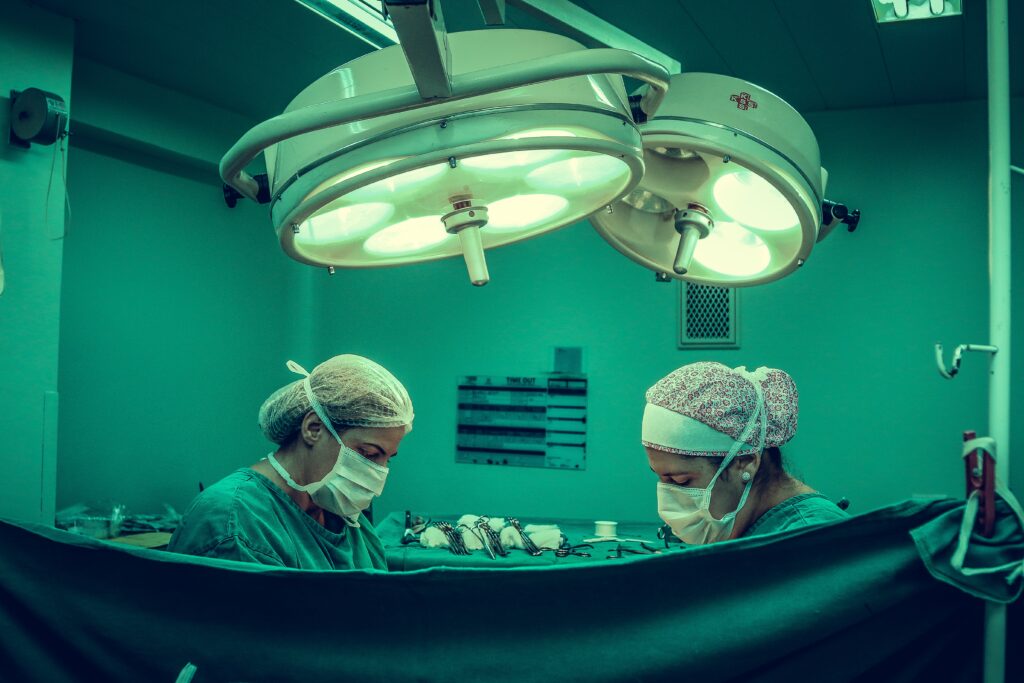
- Lithotripsy – In this treatment, a shockwave is sent into the kidney stone to split it up into more modest pieces (Pain the board and calming treatment might be required).
- Huge stones which don’t answer the above treatment might require surgeries like percutaneous nephrolithotomy (eliminating stone through a cut toward the back).
- ureteroscopic stone evacuation (eliminating stone by embedding a slender cylinder into the urethra).
Facts to know regarding Kidney Stones
- Nephrolithiasis is for the most part analyzed by actual assessment or more referenced side effects.
Diagnostics tests are – Blood tests, pee tests, intravenous pyelography, and CT checks.
- Renal colic ordinarily tops inside 90 to 120 minutes.
(A) The first stage might awaken the patient from rest, and the aggravation is consistent, trailed by rushes of unbearable agony.
(B) The second stage is portrayed by consistent agony and may last 3 to 4 hours.
(C) The third stage is related to less than overwhelming relief from discomfort, however, floods of agony might persevere. This stage might last 4 to 16 hours.
- One in every 20 individuals creates kidney stones eventually in their life.
- Dehydration is a significant gamble factor for kidney stone development.
- Factors like eating regimen and hereditary are frequently related to stones.
- Most of the calculi go through the ureter to the bladder all alone with time.
- Calculis that don’t go through the bladder should be treated surgically.

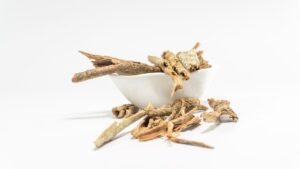

I suggest you go to the site where there is a lot of information on the topic of interest to you.